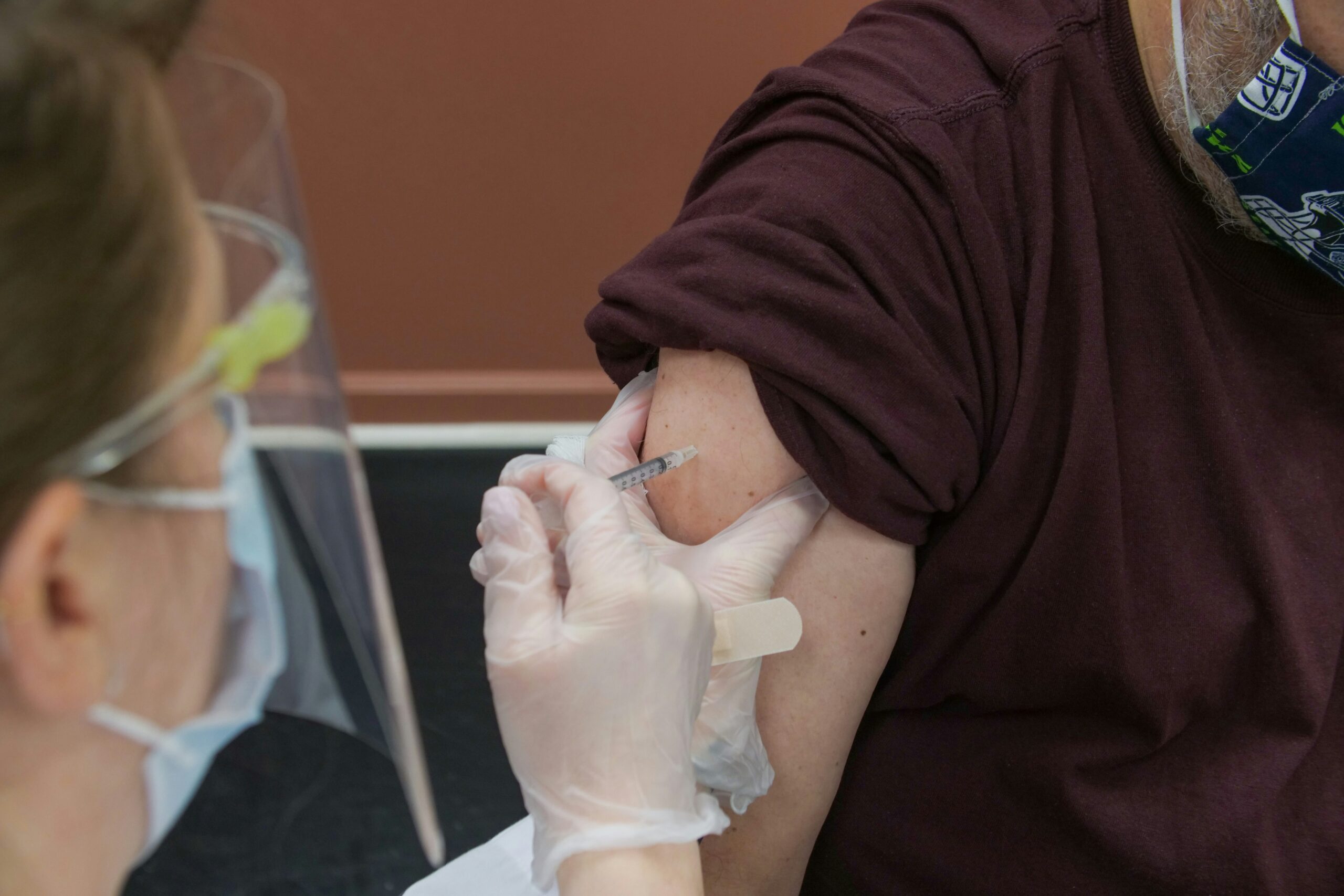Physical and Psychological Warning Signs of Stress
Stress can be managed if recognized in time and addressed appropriately. Stress can even motivate an individual to make much-needed changes to better his or her life. However, people usually ignore signs of stress, which increases the intensity of symptoms and worsens the situation. Chronic stress is uncomfortable and can be debilitating.
Symptoms of stress have two types: Psychological and Physical
- Physical signs of stress
- Headaches
- Neck and shoulder pain
- Fatigue
- Teeth grinding
- Digestive upsets
- Weight change
- Use of alcohol, cigarettes or recreational drugs
- Psychological signs of stress
- Anxiety
- Depression
- Forgetfulness
- Feeling overwhelmed
- Difficulty concentrating
- Frequent worry and/or guilt
- Mood swings
Poor stress management can lead individuals to seek prescription pills to relax or help with sleep. This can be a slippery slope back into the self-medicating behaviors of addiction. A person’s awareness of the signs and symptoms of stress can decrease his or her relapse potential.
Sources of Stress
Daily life presents different types of stress. People that suffer from stress have difficulty managing the adjustment to life changes, unrealistic expectations, daily routines and personal relationships. The individual should be aware of circumstances that create stress in order to effectively address those issues. Learning how to deal with stress at work before mental health or addiction develop is key. Some sources of stress are:
- Family conflict – Fighting or being misunderstood by loved ones.
- Work – Maintaining a job or finding employment after addiction treatment.
- 12-Step Work – Some of the step work focuses on deep-seated issues with unresolved feelings.
- Relationships – Navigating relationships, both old and new, can create stress as the individual attempts to set healthy boundaries.
- School – Education involves time management and structure, which the person has lost as a result of addiction.
- Finances – Cost of treatment and bills that have accumulated while in rehab.
- Health – Both physical and psychological, can be stressful and finding help for ailments can feel overwhelming.
Individuals who are stressed might feel trapped and have difficulty finding their way out. This feeling creates a “fight or flight” response, which compounds physical and psychological symptoms. This response can have a negative impact on a person’s ability to effectively manage stress. When stress begins to have a negative impact on an individual’s daily functioning, he or she is at risk for relapse. All individuals struggling with addiction should incorporate stress management techniques into their aftercare recovery program to decrease the risk of relapse.
Stress Management in Addiction Recovery at Lakeview Health
Managing stress is a skill that continuously needs to be worked on. Recognizing physical and psychological symptoms will help the individual manage stress better. Someone who is completing addiction treatment programs should make a stress management plan. Stress management is part of relapse prevention. A stress management plan should ask:
- What are my physical signs of stress?
- What are my psychological signs of stress?
- What are situations that cause my stress?
- How I can relax without the use of alcohol and drugs?
- What can I do when I feel stressed?
- What activities can I add to my routine that will de-stress me on a daily basis?
Each source of stress should have a corresponding plan to alleviate symptoms of stress. For example, family conflict may be resolved by attending family therapy to increase communication skills and resolve the conflict. Also, exercise, meditation, journaling and breathing techniques are forms of stress relief that an individual can do daily.
At Lakeview Health, we recognize the importance of stress management in addiction recovery. We teach our clients the skills they need to manage their stressors in a healthy and safe manner without needing to turn to harmful substances. When you’re ready to get the help you need for addiction and your mental health, contact Lakeview Health today at 866 704 7692.
We currently accept Aetna, Cigna, and United Healthcare. We do not currently accept Medicare, Medicaid, or Florida Blue.




